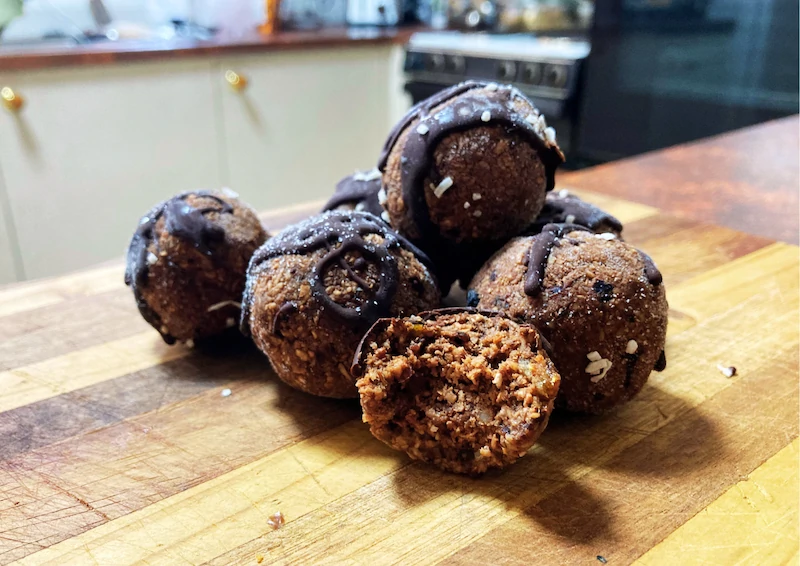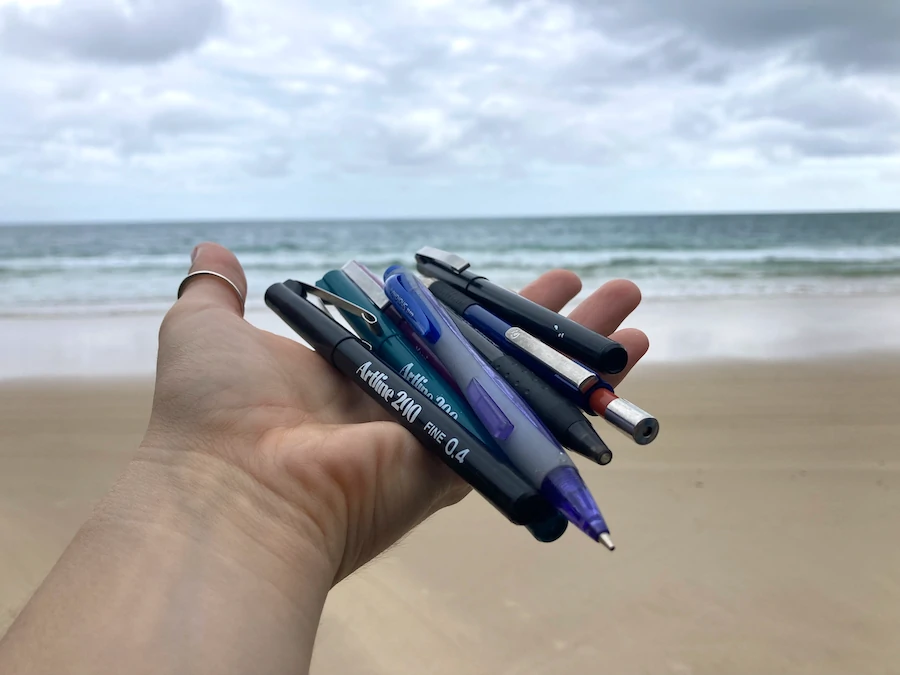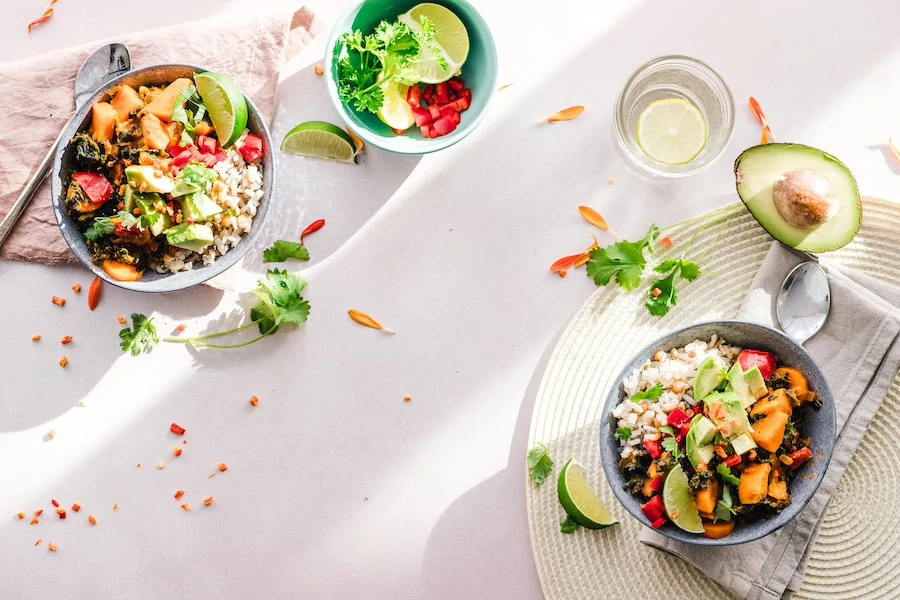
Using eco-friendly, green materials in our everyday lives can be a tough task with everything going on, especially when children are involved. Most are likely not too concerned about the material they’re using for their baby wipes, but it can make a big impact on the planet in the long run. That’s why I wanted to look at bamboo vs cotton baby wipes.
So, who wins in the battle of bamboo vs cotton baby wipes? Bamboo is a far more eco-friendly material compared to cotton, therefore it’s the preferred choice. Bamboo is highly renewable, naturally antibacterial, and it requires less energy to produce. Choose bamboo over cotton when purchasing baby wipes.
Choosing between bamboo and cotton baby wipes really comes down to knowing what makes the two materials difference in terms of environmental impact. Absorbing the knowledge necessary to create a positive impact on our planet requires a bit of effort, but the payoff can not only help us but also future generations.
Bamboo vs Cotton Baby Wipes
I’ll admit that when I started looking into eco-friendly solutions for my household, I didn’t expect I’d dive into the world of baby wipes. But the reality is that many of us use baby wipes every single day. Whether we’re using it on little bundles of joy or for ourselves, they can be essential for many of us.
When comparing between bamboo and cotton baby wipes, it doesn’t take much convincing that bamboo is the more eco-friendly solution than cotton. The innate characteristics that come along with using bamboo products almost guarantees that bamboo baby wipes will trounce cotton baby wipes.
As some of you may already know, bamboo has several qualities that make it a green solution to many other materials. For one, bamboo baby wipes are soft to the touch, which is most definitely an essential quality when using baby wipes. I don’t know too many people who’d prefer more resistant, hard baby wipes, but that’s just me.
Another great reason for using bamboo baby wipes as opposed to cotton is that bamboo baby wipes are naturally strong and durable. I think you know why this matters, so I’ll spare you the details. Let’s just say the best case scenario whenever using baby wipes results in a proper cleanup.
Along with bamboo baby wipes being soft and durable, they’re also naturally hypoallergenic, which is a very positive quality since the use of baby wipes is so intimate to our bodies. No need to worry about allergy breakouts when using bamboo baby wipes since they’re naturally hypoallergenic.
So bamboo baby wipes are soft, durable, and hypoallergenic? That seems like a difficult trio of qualities to beat, even for the overwhelming incumbent; cotton baby wipes.
Cotton baby wipes are the goto baby wipes out on the market and, to be fair, are also more likely to be less expensive than bamboo baby wipes. While that may be the case most of the time, the cost to the planet when using cotton overwhelms the financial cost.
Before I point out the unfortunate qualities of using cotton, I’d like to point out some of the good ones. First, cotton is extremely soft which is exactly what you want when using a baby wipe. Second, the fibers are relatively durable (not as much as bamboo), so there’s no need to worry about tears while using them. Third, they are virtually guaranteed to be cheaper than any other baby wipe material on the market.
Unfortunately for cotton, there are many downsides when you choose to use cotton baby wipes over bamboo baby wipes.
The production of cotton, in general, is one of the most water-intensive operations when producing any kind of fabric material. Studies by the World Wildlife Foundation show that it takes over 5,000 gallons (20,000 liters) of water to produce 2.2 pounds (1 kg) of cotton. I had to read that statistic a couple of times to really wrap my head around the level of waste that is.
Cotton is also the major consumer of the world’s pesticides and insecticides, which can have long-lasting effects on the surrounding local soil. As a matter of fact, the entire cotton industry uses up to 10% of the world’s pesticides and about 25% of the world’s insecticides. That seems like a lot for just one plant.
Long story short, the battle of bamboo vs cotton baby wipes results in a win for bamboo baby wipes. But what other considerations should be accounted for when confronted with this showdown?
Reusable Baby Wipes: Are They Worth It?
If you’re looking to find an even more eco-friendly solution to baby wipes then investing in some reusable baby wipes might be the way to go. Any opportunity to go zero-waste is an opportunity worth exploring, especially when it comes to a product that you use so often like baby wipes.
Arguably the most common way to go when considering the use of reusable baby wipes is to go with those made from cotton. While not the most eco-friendly material, if you use organic cotton you’re at least avoiding the overuse of its evil twin “normal” cotton. On top of that, you’ll use the same cloth numerous times, so the waste is automatically diminished the second time you use it.
It’s become more and more popular to have microfiber reusable baby wipes, which are a great option for your body or baby’s body. These materials are ultra soft and are known for being extremely absorbent. Even better than cotton, these reusable baby wipes will last a very long time, so it’s definitely worth considering.
As you might have guessed, there exist bamboo reusable baby wipes, which are certainly the best kind of reusable baby wipes when it comes to living eco-friendly. Apart from the environmental benefits of using bamboo, the softness is really difficult to beat when compared to other reusable baby wipes. Definitely give them a shot!
Time It Takes for Baby Wipes to Decompose
If you’re using disposable baby wipes, you might be curious to know how long it takes for them to decompose. While this certainly depends on the material, I’m going to focus on the use of disposable bamboo baby wipes as opposed to the baby wipes made from cotton.
One of the most advantageous reasons for using bamboo products, in general, is that bamboo is naturally biodegradable. Since they’re not pumped full of pesticides, insecticides, dyes, and any other weird chemical, bamboo baby wipes have the upper hand of being far easier to degrade naturally than other materials.
For solid bamboo to decompose naturally, it might take anywhere from 5-10 years, which in the grand scheme of themes isn’t too bad. Plastic can take 1000s of years, which makes solid bamboo decomposition time look like a blink of an eye!
When it comes to loose fabric bamboo, it takes far less time to decompose and can take anywhere between 4 and 6 months to fully decompose. That’s so fast that it’s no wonder bamboo is one of the most eco-friendly materials on the planet. Why aren’t we using bamboo for everything?
Popular Disposable and Reusable Bamboo Baby Wipes
I’m a huge fan of trying out new eco-friendly, bamboo products whenever I get the chance, and that’s no different when it comes to bamboo baby wipes. My family and I go through a lot of baby wipes in our house, so I decided to give some brands a try and came up with a couple that I particularly liked; one disposable bamboo baby wipes and one reusable bamboo baby wipes.
Disposable Bamboo Baby Wipes
Using disposable bamboo baby wipes means you’re likely in a situation where you’re going to instantly get rid of the bamboo baby wipe once you’ve wiped what needs wiping. That’s why me and my family use Aleva Naturals Bamboo Baby Wipes (link to read reviews on Amazon) all the time.
Not only are these bamboo baby wipes effective at cleaning up, but they’re also perfect for sensitive skin, incredibly soft, made out of natural organic materials, and 100% vegan. You’re left with a clean and cool feeling with an amazing scent thanks to the accompanying mix of aloe vera, natural tea tree oil, lavender, and chamomile.
Reusable Bamboo Baby Wipes
Going eco-friendly means not only investing in green, organic products, but also reducing consumption to move toward a more zero-waste lifestyle. After using Sensitive Skin Baby Wipes by Bamboo Organics (link to read reviews on Amazon), I can say without a doubt that I’ve found my new favorite reusable baby wipes.
Apart from the fact that these baby wipes ensure you’re embracing zero-waste living, these reusable baby wipes are some of the softest I’ve ever experienced. They work better than expected, are soft to the touch, and are extremely durable. On top of that, they come in a number of stylish colors that can fit in any decorative environment.



